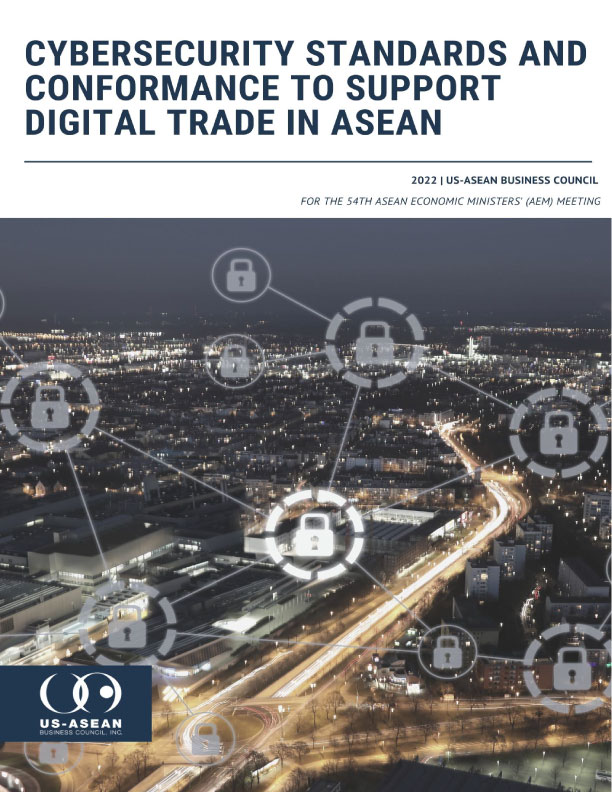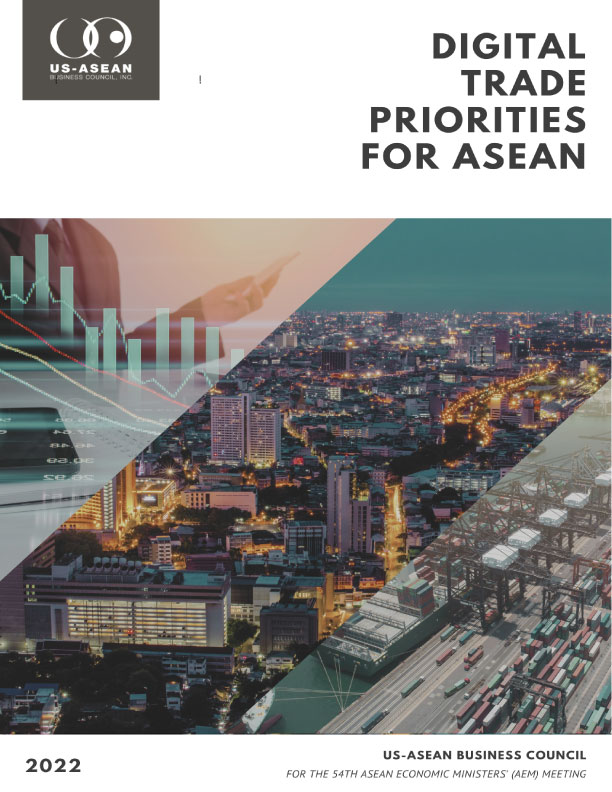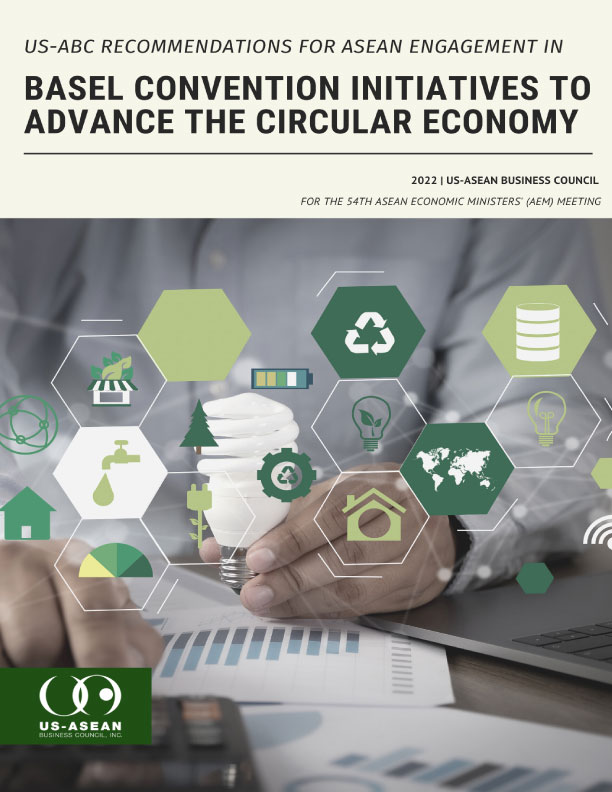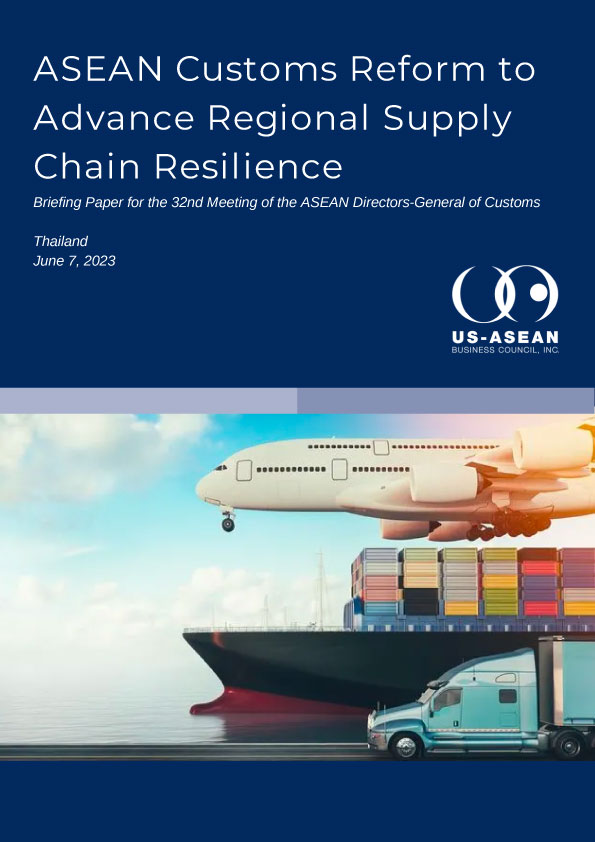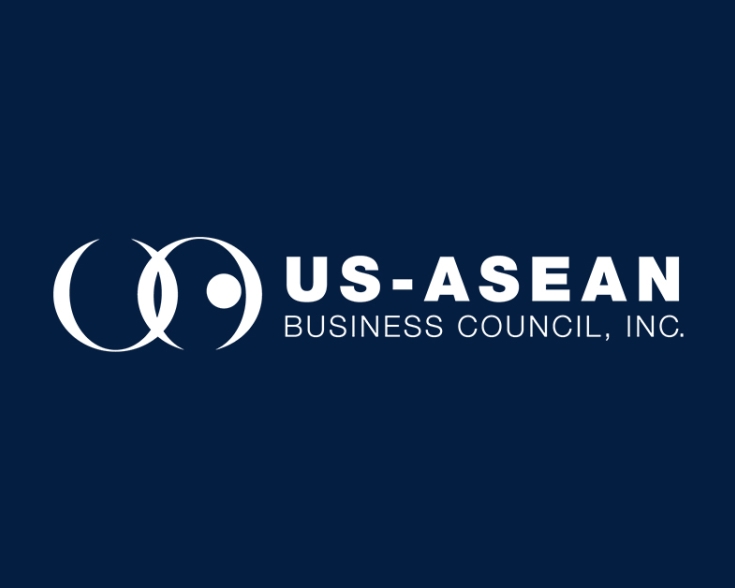Cambodia Looks to Navigate U.S. Tariff Talks with Optimism and Strategic Concessions
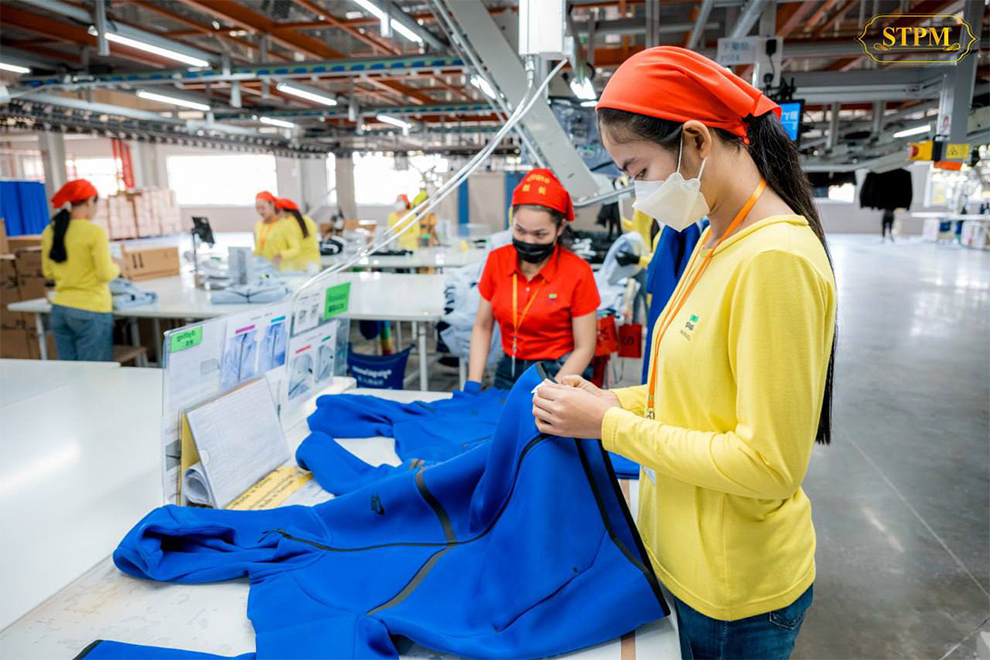
Cambodian business leaders have expressed cautious optimism following U.S. President Donald Trump’s decision to suspend the proposed “reciprocal tariffs” for 90 days, a move that offers Cambodia a critical window for negotiations. Initially set at a steep 49%, the proposed tariffs on American importers of goods made in Cambodia would have been the highest among ASEAN countries and could threaten the kingdom’s largest export market. In response, Prime Minister Hun Manet has offered to slash Cambodia’s import tariffs on 19 categories of U.S. goods from 35% to 5%, signaling Phnom Penh’s willingness to de-escalate trade tensions. A dedicated task force led by Sun Chanthol, first vice president of the Council for the Development of Cambodia, has been established to lead negotiations, coordinate with U.S. trade representatives, and promote American investment.
Despite these efforts, analysts remain divided on Cambodia’s chances of achieving an outcome. While the offer of tariff reductions demonstrates goodwill, critics like Cambodia-American scholar Sophal Ear argue that the concessions fall short of U.S. expectations, particularly due to the exclusion of high-priority sectors like automobiles. With Cambodia’s deepening economic ties with China and limited leverage in bilateral negotiations, experts suggest Phnom Penh may benefit from a more coordinated ASEAN response. As Cambodia prepares to host the upcoming ASEAN-U.S. economic dialogue for the 2024-2027 cycle, US tariffs are expected to take center stage.


